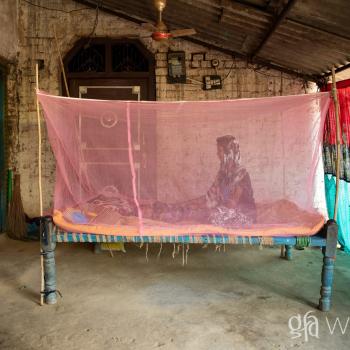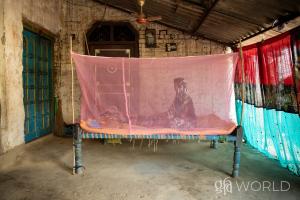WILLS POINT, TX – Gospel for Asia (GFA World and affiliates like Gospel for Asia Canada) founded by KP Yohannan, issued a Special Report on the ugly truths of world hunger: “Scandal of Starvation” — world hunger is a long-term social and global crisis, directly or indirectly causing around 9 million deaths each year – more than AIDS, malaria, and tuberculosis combined.
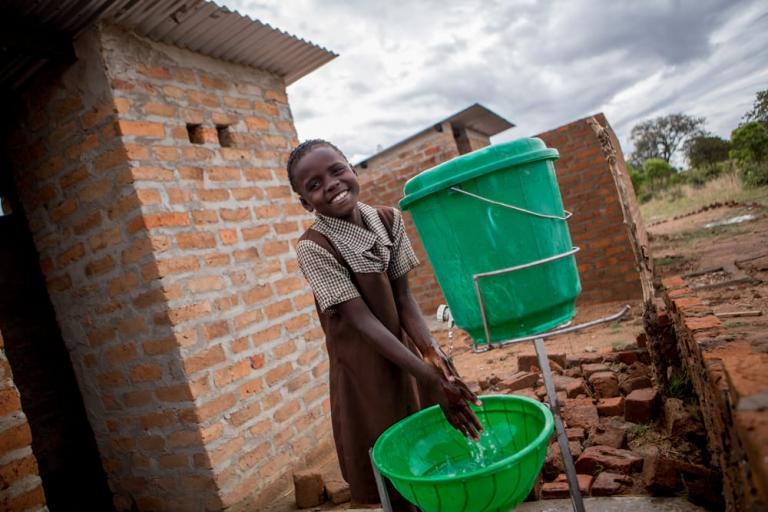
Hunger Close to Home
If hunger is obvious across great swaths of Africa and Asia, it is not so evident in other parts of the world. But that does not mean it is not an issue. Hans Konrad Biesalski, a German physician and professor of chemistry and nutrition, has detailed the challenge of “hidden hunger” in a similarly titled book.

He refers to micronutrient malnutrition, which affects a third of the world’s population. Even if someone’s stomach isn’t entirely empty, it may not be filled with the vitamins and minerals their body needs. Citing a four-fold increase in cases of rickets in England over a 15-year period, he warns that micronutrient inadequacies “are to be found in the developed world as well as in the developing world, and their current European rate of growth in the developed world gives cause for concern.”
According to the U.N., more than 2 billion people, the majority in low- and middle-income countries, do not have access to enough safe and nutritious food. It is not exclusively a problem of poorer nations: One in 12 of the population of North America does not get to eat enough regularly.
Many people go hungry in the United States, though typically more episodically than continually, as in other parts of the world. Just over one in ten American households—almost 40 million people, 11 million of them children—were “food insecure” at some stage during 2018. The good news is that figure is down from the Great Recession rates of a decade ago.
Rates of need varied widely from less than eight percent in New Hampshire to almost 17 percent in New Mexico. Overall, food insecurity was higher in cities than in rural communities, with the suburbs faring best.
From its research, Feeding America finds children in the U.S. more likely to face hunger than the rest of the population, ranging from one in ten in North Dakota to one in four in New Mexico. The organization notes that the health, social, and behavioral problems hungry children are at risk from are exacerbated during school holidays, when feeding programs are suspended.
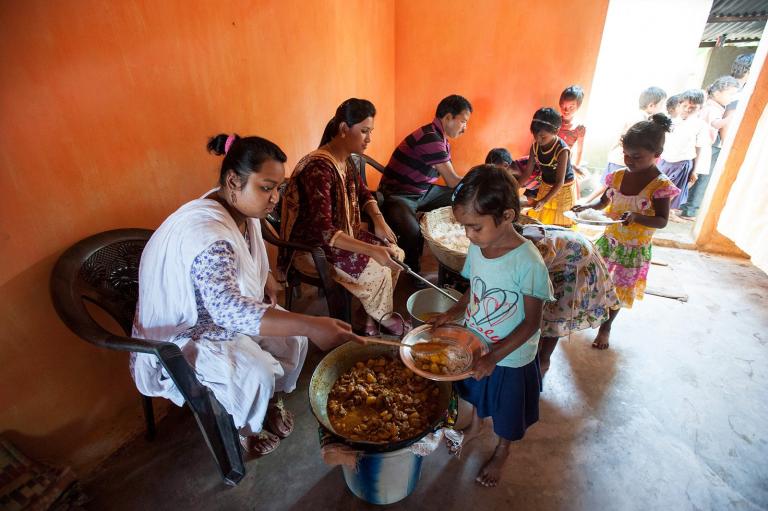
Good News in Word and Deed
While GFA’s field partners join in the awareness-raising focus of World Hunger Day and World Food Day, they are more quietly involved in tackling hunger year-round. Food is an integral part of the 500-plus Bridge of Hope centers run in slums and villages across South Asia. The free education program, which is currently being offered to around 70,000 enrolled children, is a fundamental part of helping improve their futures, and lunch is as important as the lessons.
For students like brother and sister Panav and Kajiri, the nutritious curry and rice they served at Bridge of Hope is an important supplement to the basic food they get at home: bread and milk for breakfast, with fried vegetables, eggs, and chapatis for supper.
Some question faith-based organizations’ involvement in humanitarian efforts like feeding the hungry, despite Jesus’ clear example of caring for the poor in practical ways, because they suspect mixed motives among givers or receivers, or both. They talk of so-called “rice Christians,” who pay lip service to belief for the benefits they get.
For K.P. Yohannan, it’s a false dichotomy. “The huge battles we face against hunger, poverty and suffering in Asia and around the world are in part spiritual, not simply physical or social as secularists would have us believe,” he says. “We cannot separate the visible and the invisible in this battle.”
Sometimes providing food for today is all that can be done, but GFA’s field partners look for ways to provide food for tomorrow and the day after. Their work follows the old adage about giving someone a fish, to feed them once, or teaching them to fish, so they can continue to feed themselves.
GFA’s field partners provide fishing nets and other income-generating supplies such as sewing machines, livestock and rickshaws through Christmas gift distribution programs. Palan stands among thousands of people who have received such gifts. Since Palan had no land of his own to work, his income depended on the fish he could catch, but he had only one poor quality net. The one he received through the Gospel for Asia (GFA) supported gift distribution means he can now meet his needs. In 2018, Gospel for Asia (GFA) workers presented income-generating and life-improving Christmas gifts to almost a quarter of a million people like Palan.
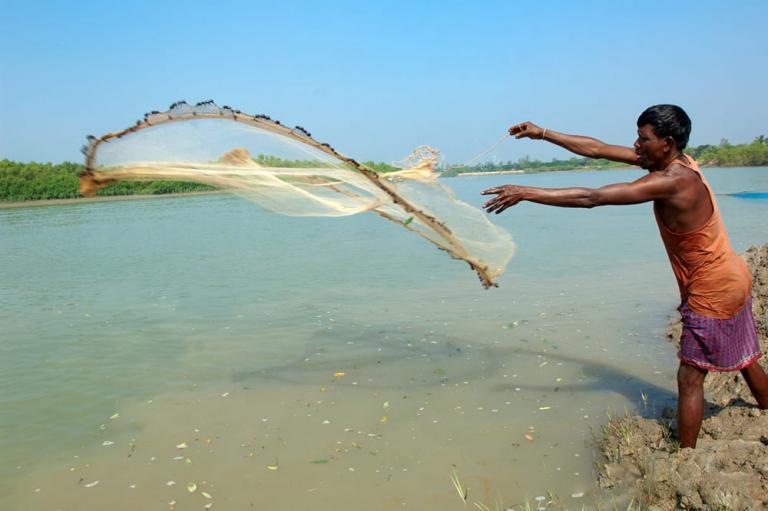
It is easy to get overwhelmed by the scale of a problem, believing that one person’s efforts will not make much of a difference. But Jesus’s example of addressing hunger offers one of the greatest examples of how giving just a little can make a big impact.
After a long day listening to Him teach, the crowd of thousands was hungry. When Jesus told His disciples to feed them, they couldn’t see how. They only had the lunch a small boy offered: five barley loaves and two fish. Yet God multiplied that to meet everyone’s needs.
In the same way, we should not focus on what we think can’t be achieved. We should instead give and do what we can with the faith and expectation that God will take and use it in a way that exceeds what seems possible. What are practical ways to do that?
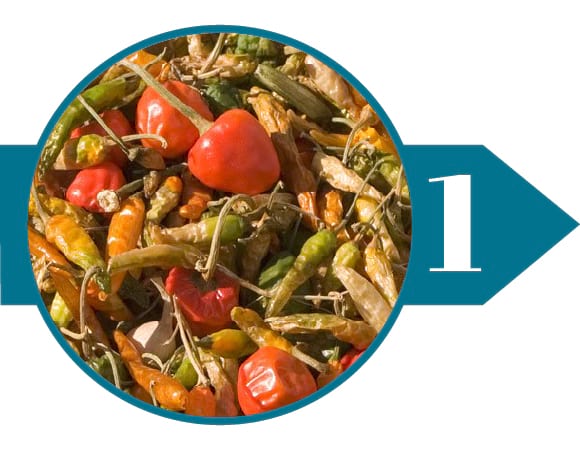
Be more intentional about reducing the amount of food that gets wasted in your home, to help make a dent in the squandering supply chain.
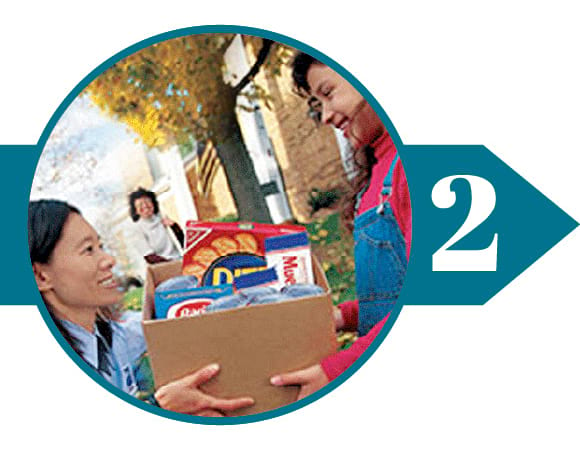
Support local organizations that redistribute surplus produce to those in need. You don’t even need to leave home to do that: the annual National Association of Letter Carriers’ Stamp Out Hunger National Food Drive sees mailmen and -women collecting donations of non-perishable foods on their rounds on the second Saturday in May.
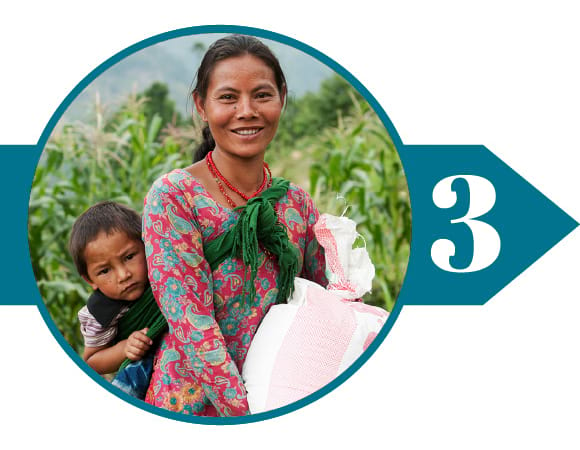
Each time you dine out, buy someone else a meal by donating to Gospel for Asia (GFA) or some other organization feeding the hungry.
These small steps may not seem like much, but they certainly count in God’s sight. When Jesus told His followers they will be rewarded for having fed Him when He was hungry, He said that some would be perplexed.
“Lord, when did we see You hungry and feed You?” they will ask. The King will respond, “Assuredly, I say to you, inasmuch as you did it to one of the least of these My brethren, you did it to Me” (Matthew 25: 37, 40).
Give Food, Aid to Victims of Hunger & Starvation
Read the rest of Gospel for Asia’s Special Report on The Scandal of Starvation in a World of Plenty: World Hunger’s Ugly Truths Revealed — Part 1, Part 2
This Special Report originally appeared on gfa.org.
Read another Special Report from Gospel for Asia on Poverty: Public Enemy #1 – Eliminating Extreme Poverty Worldwide is Possible, But Not Inevitable.
Learn more by reading this special report from Gospel for Asia: Solutions to Poverty-Line Problems of the Poor & Impoverished — Education’s Impact on Extreme Poverty Eradication.
Click here, to read more blogs on Patheos from Gospel for Asia.
Learn more about Gospel for Asia: Facebook | YouTube | Instagram | LinkedIn | SourceWatch | Integrity | Lawsuit Update | 5 Distinctives | 6 Remarkable Facts | 10 Milestones | Media Room | Scandal of Starvation | Endorsements | 40th Anniversary | Lawsuit Response |
Notable News about Gospel for Asia: FoxNews, ChristianPost, NYPost, MissionsBox


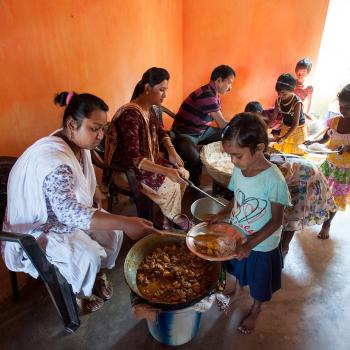
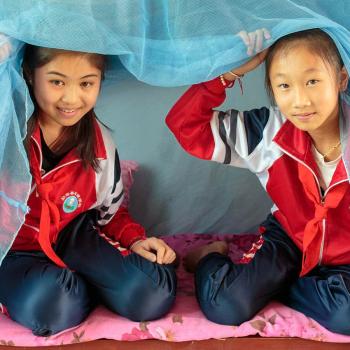
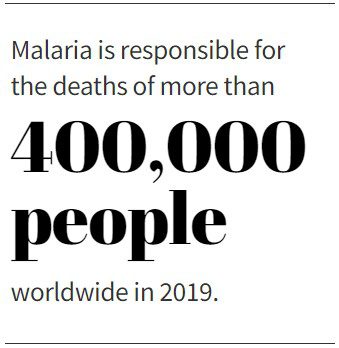 In the seemingly never-ending quest to wipe out malaria—responsible in 2019 for the deaths of more than 400,000 people worldwide, roughly equivalent to wiping out the entire population of Miami, Florida—scientists are experimenting continually with new ideas to combat “the enemy” … the pesky mosquito.[
In the seemingly never-ending quest to wipe out malaria—responsible in 2019 for the deaths of more than 400,000 people worldwide, roughly equivalent to wiping out the entire population of Miami, Florida—scientists are experimenting continually with new ideas to combat “the enemy” … the pesky mosquito.[
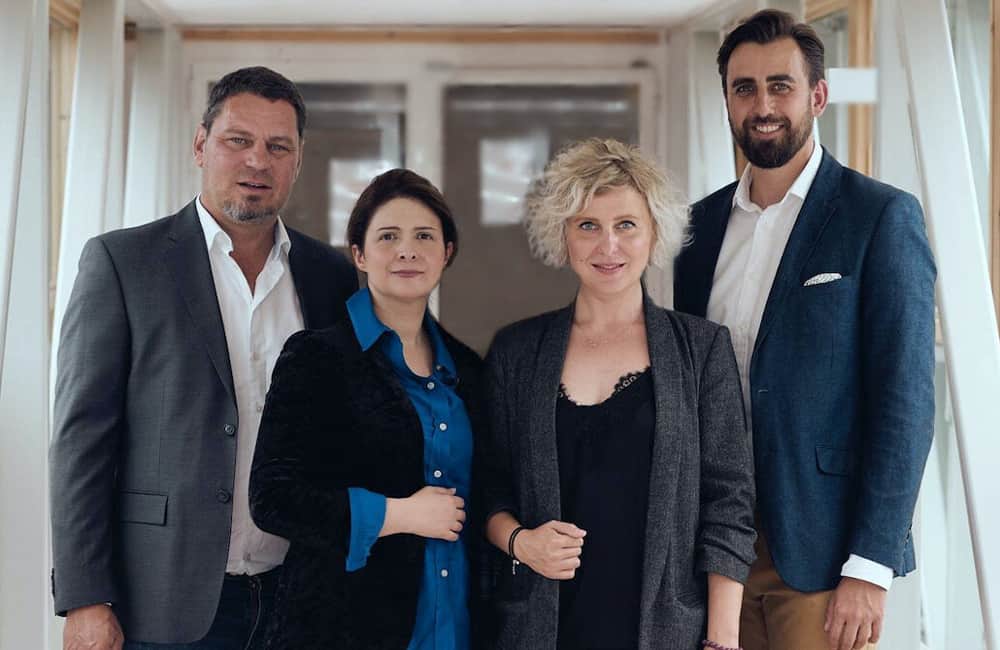

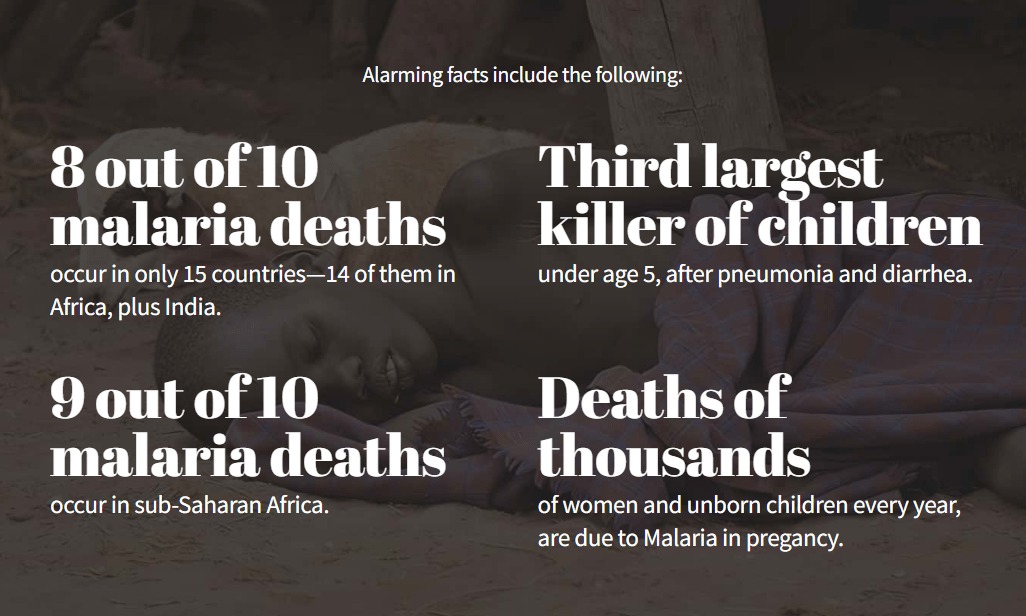
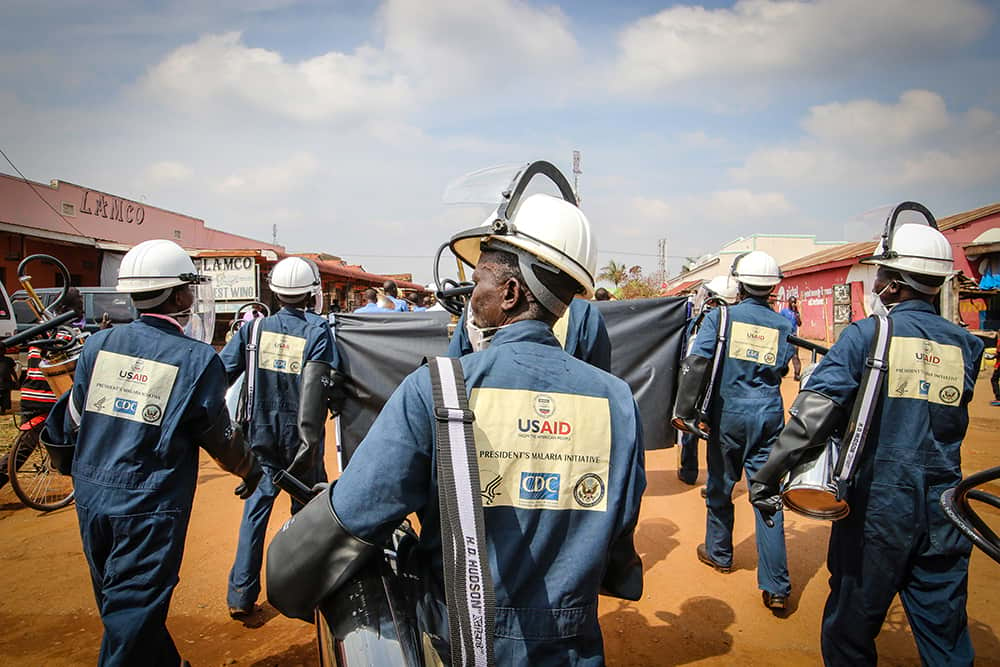
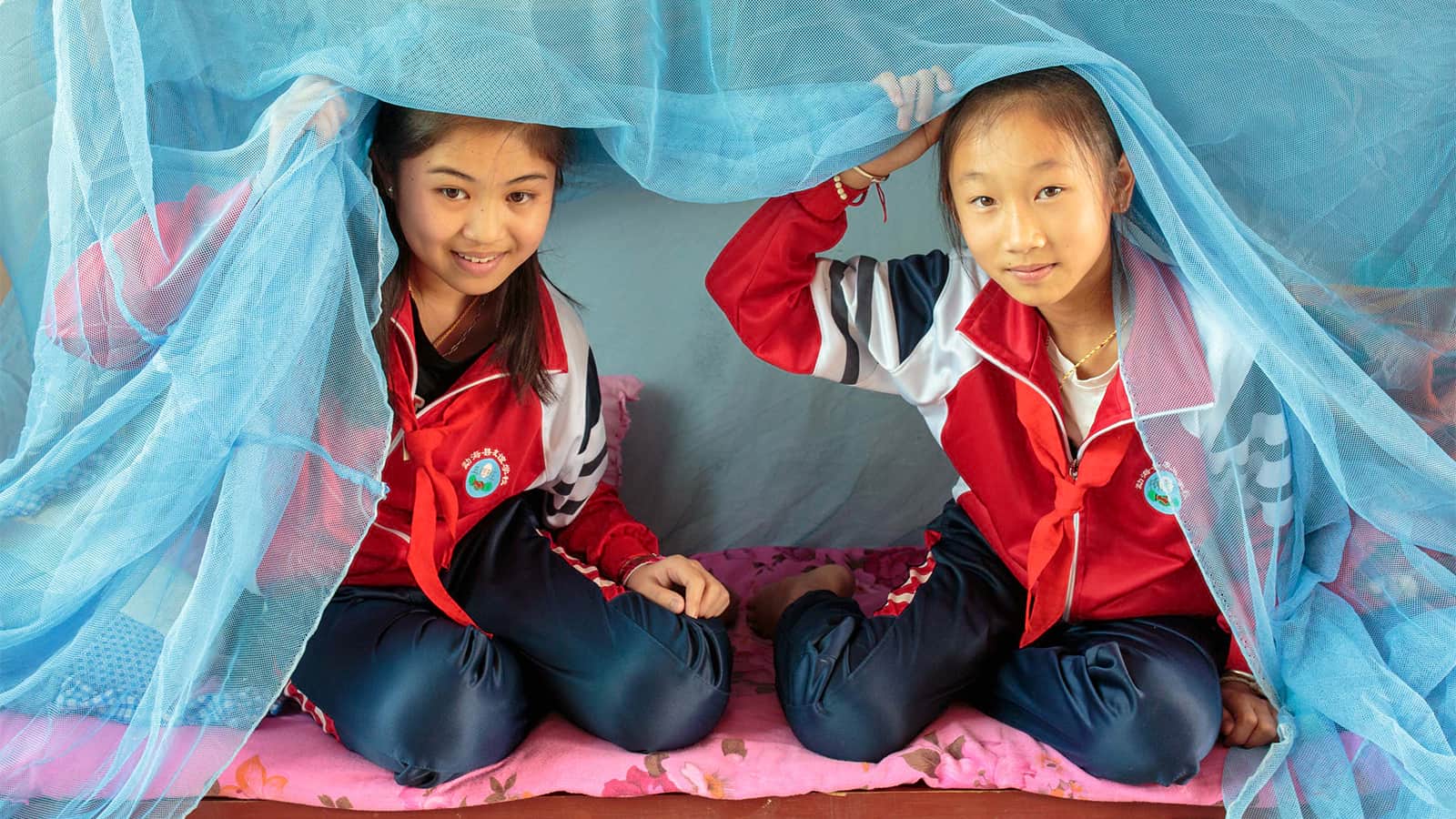

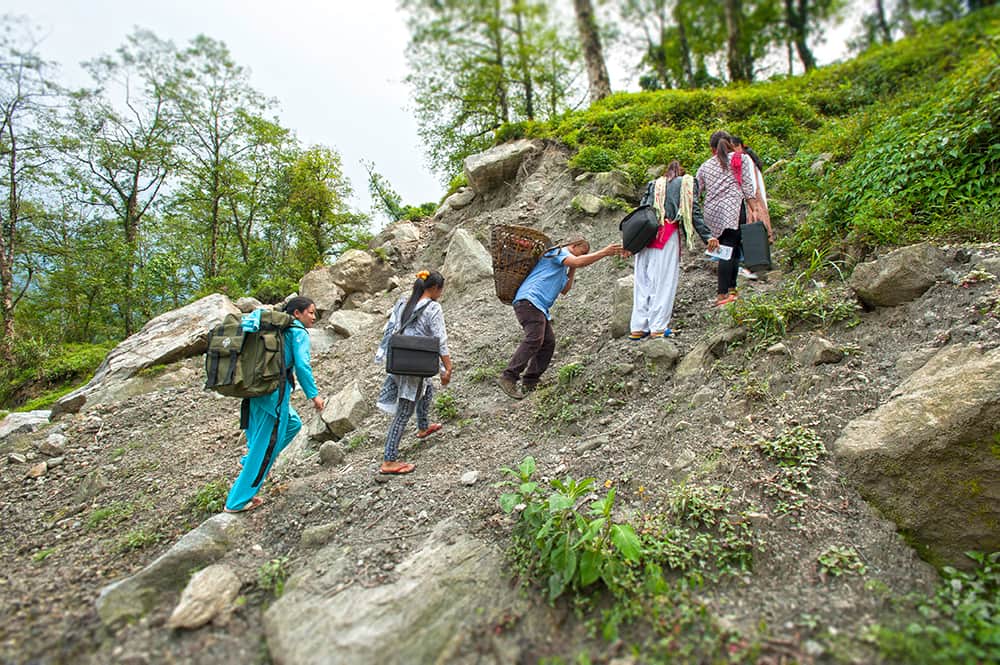
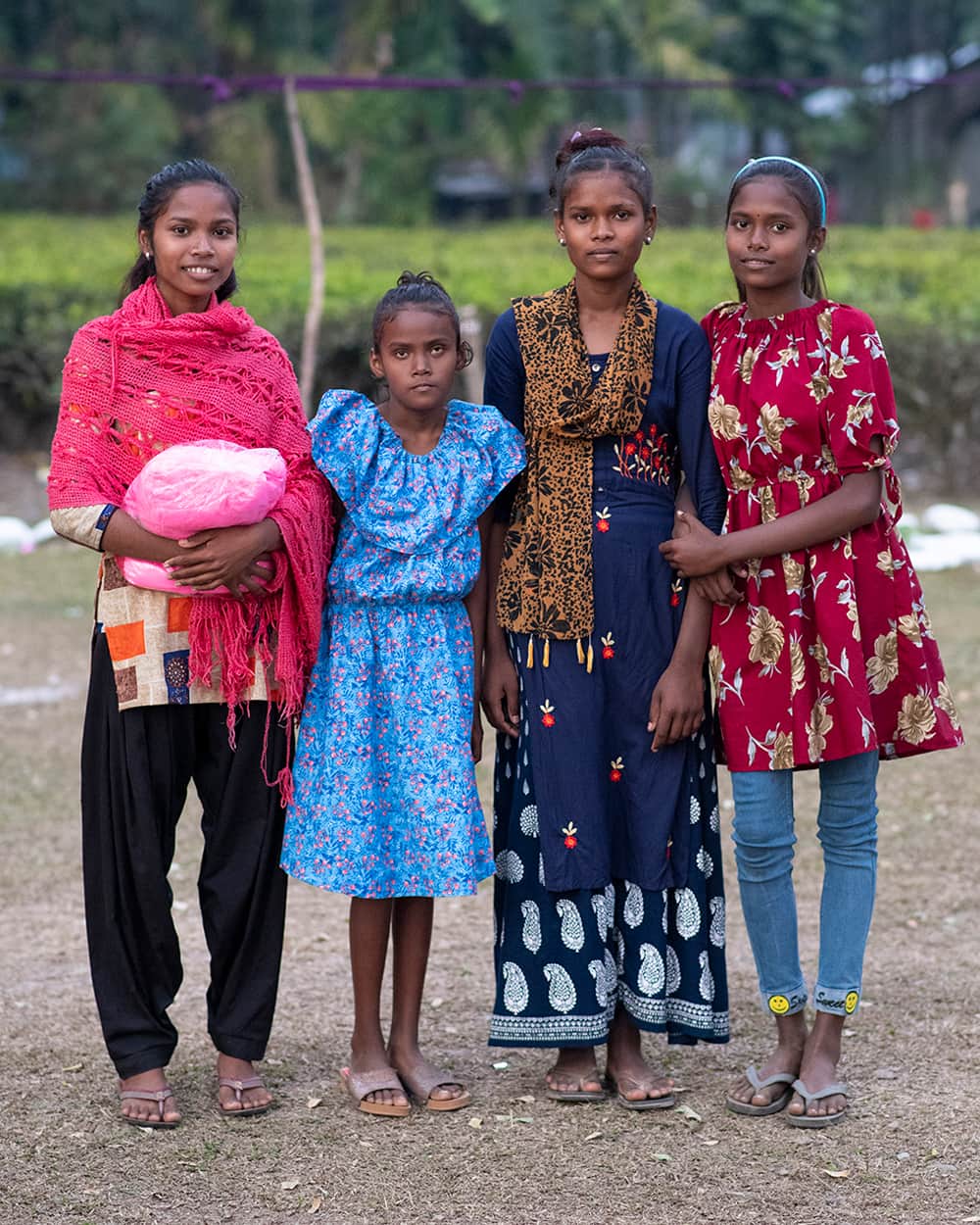
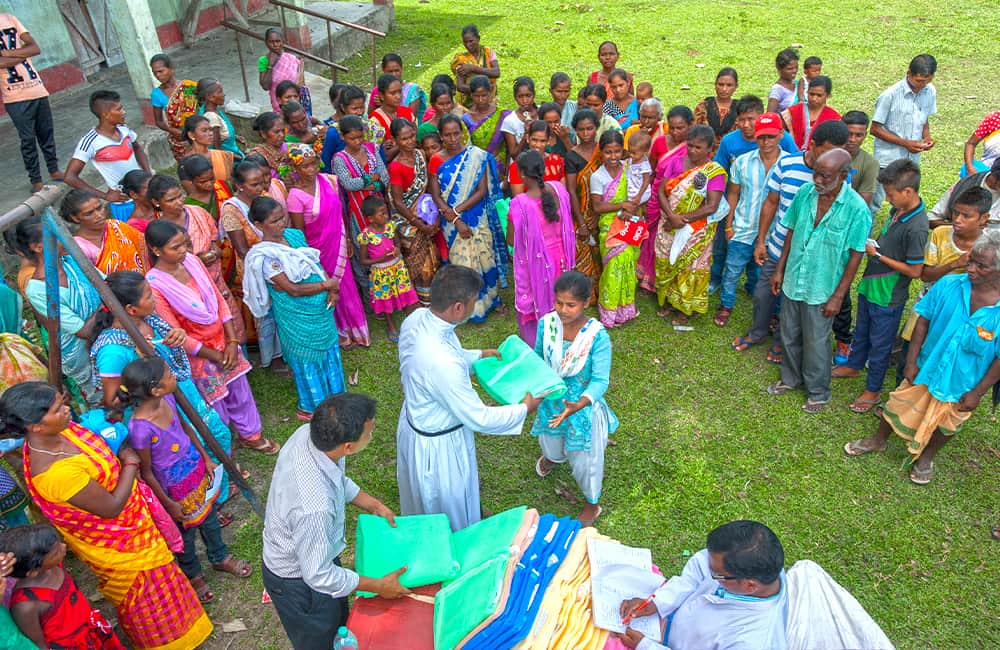
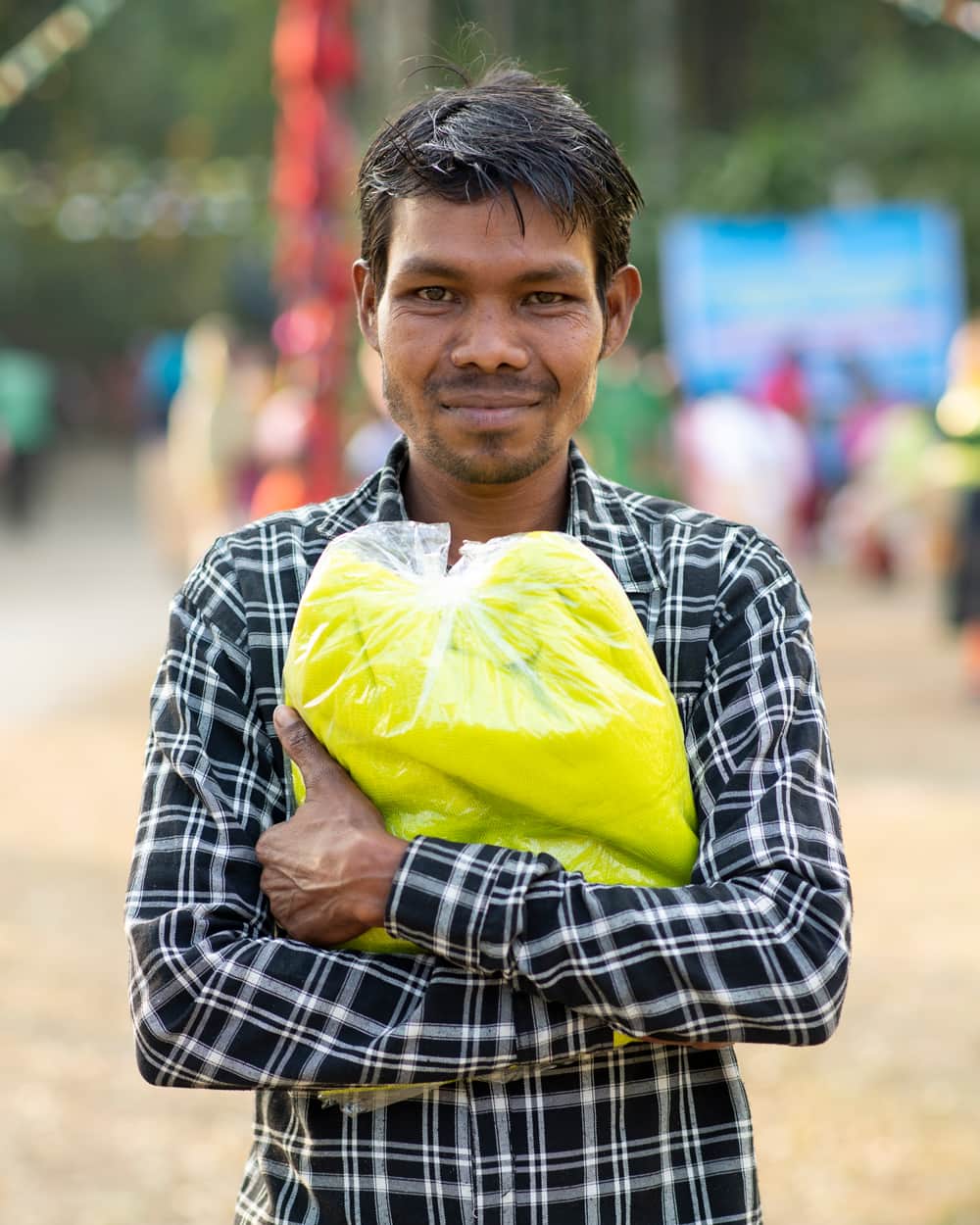


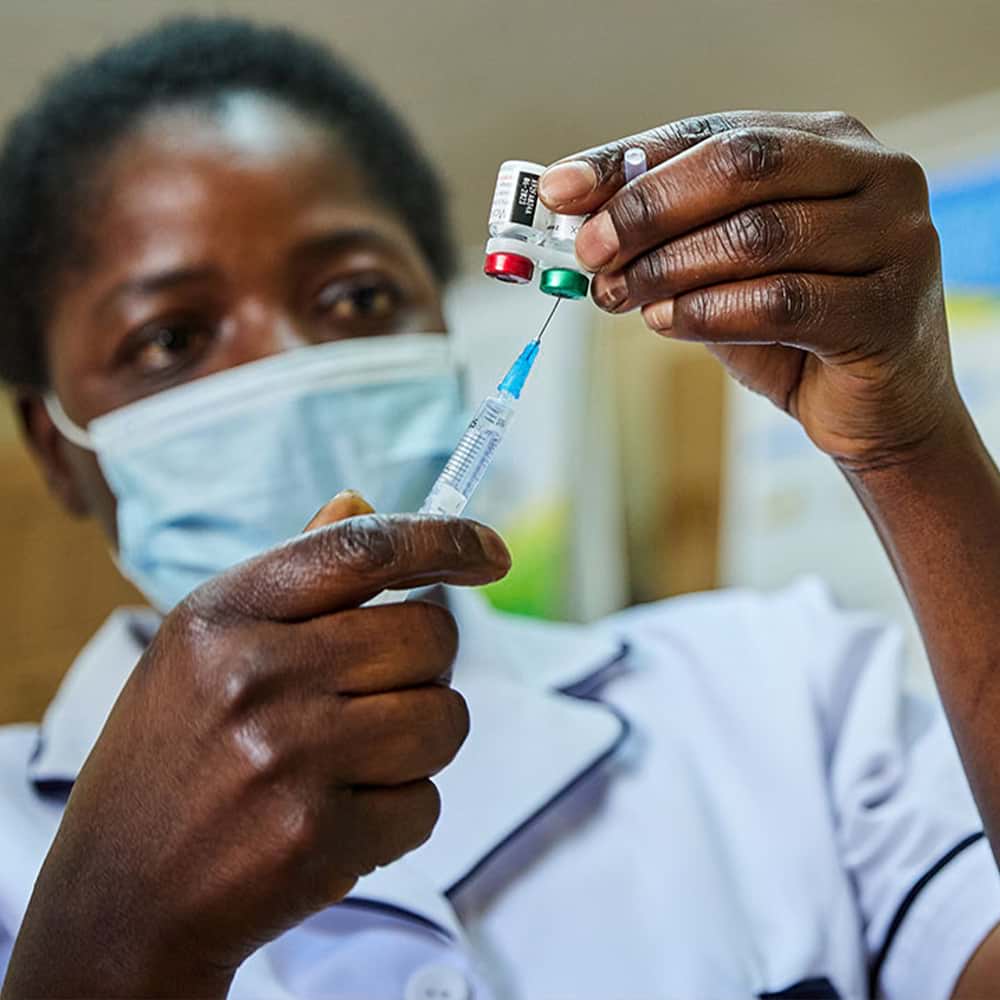
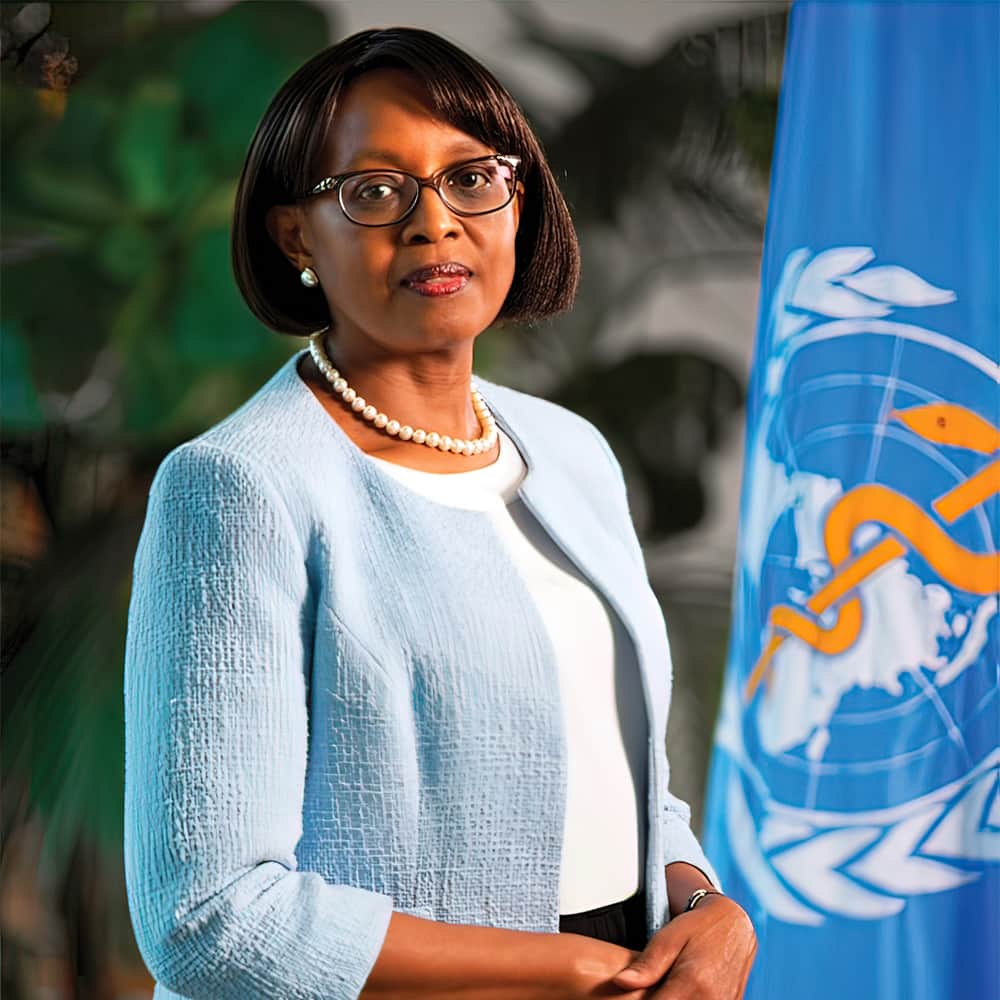
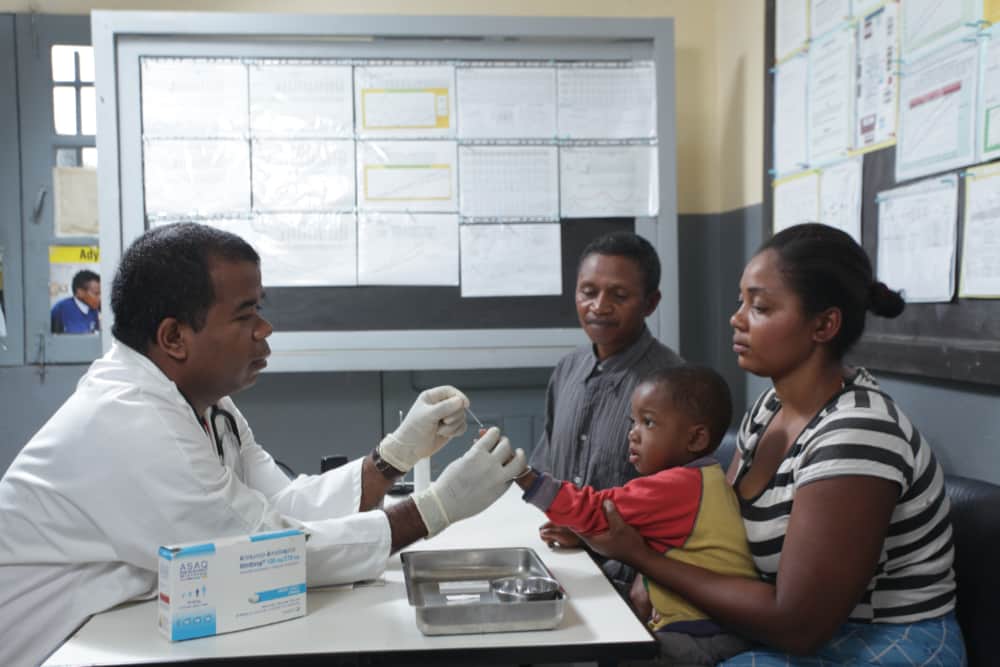
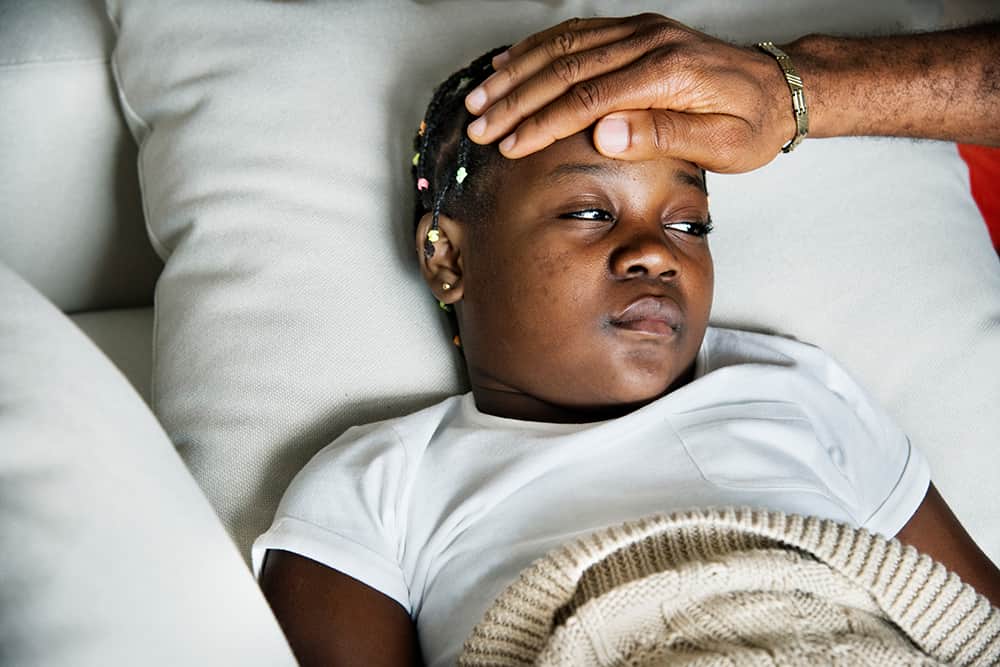
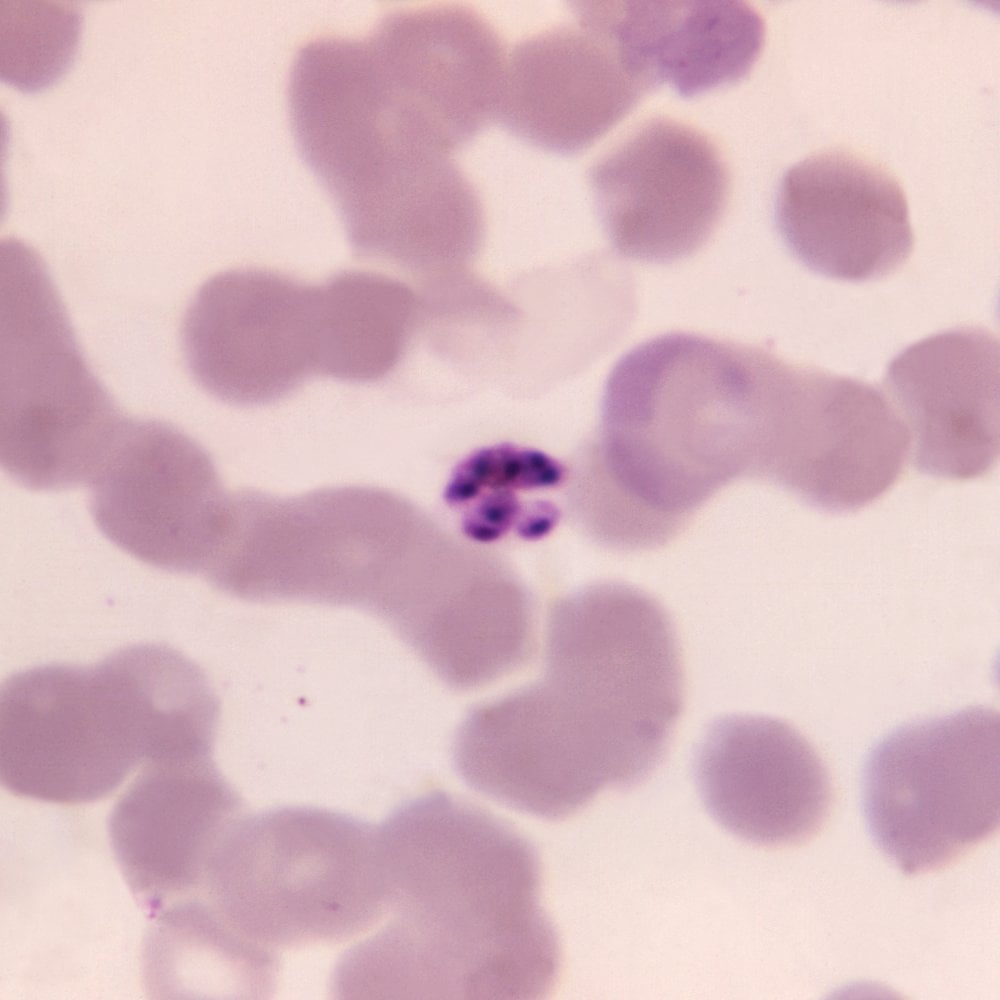
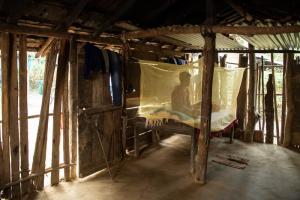
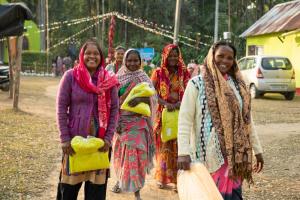
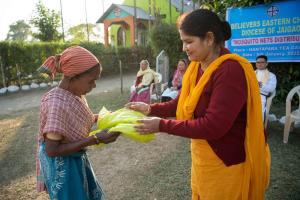
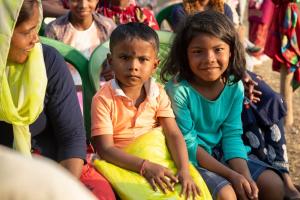
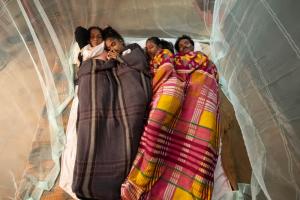
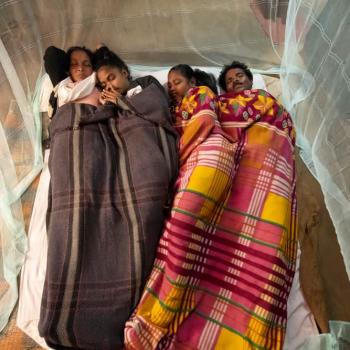
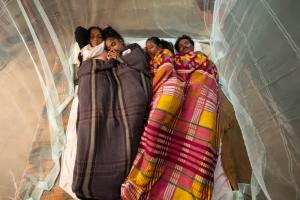
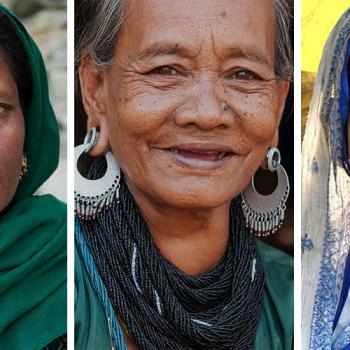

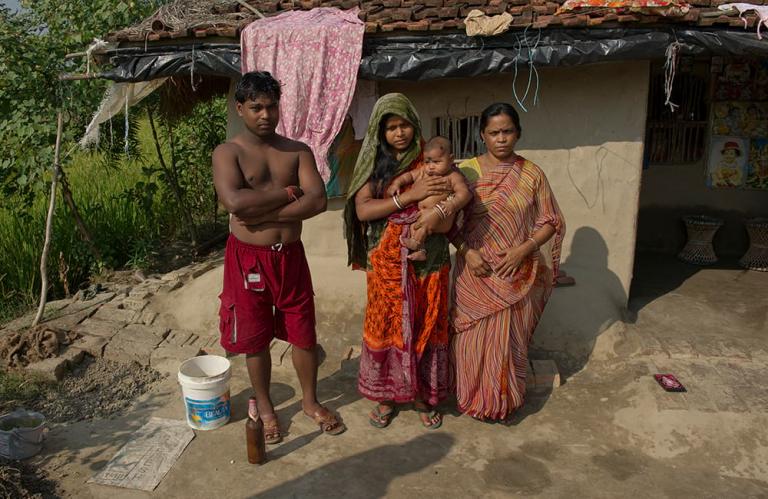
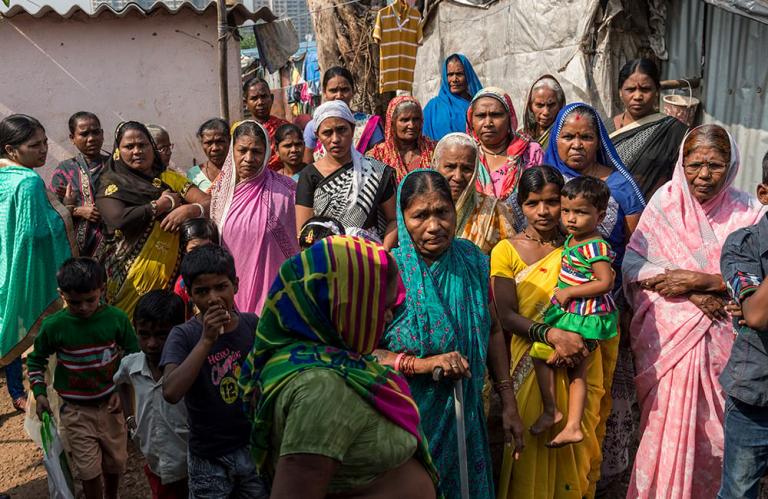
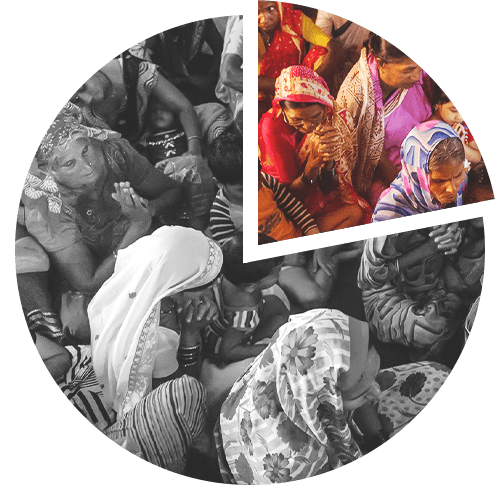
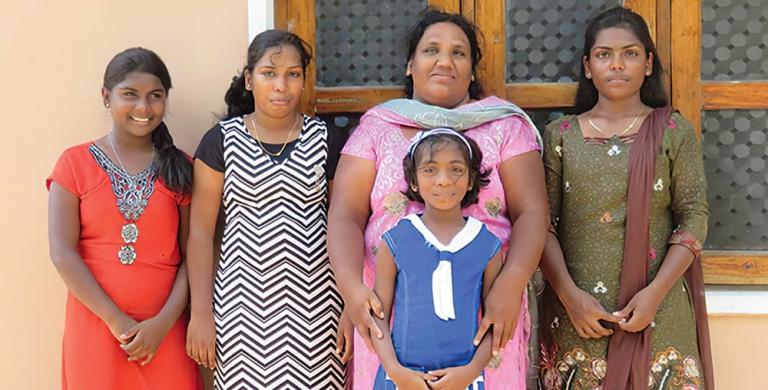
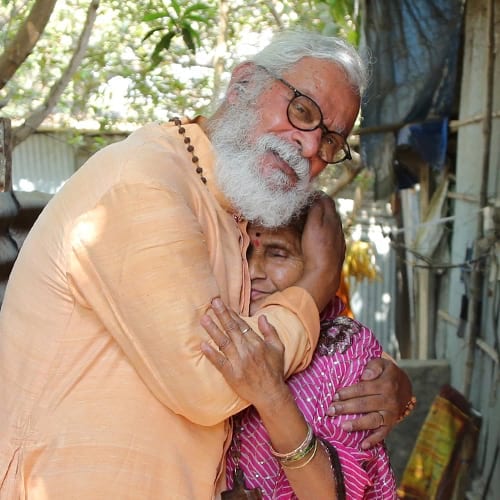


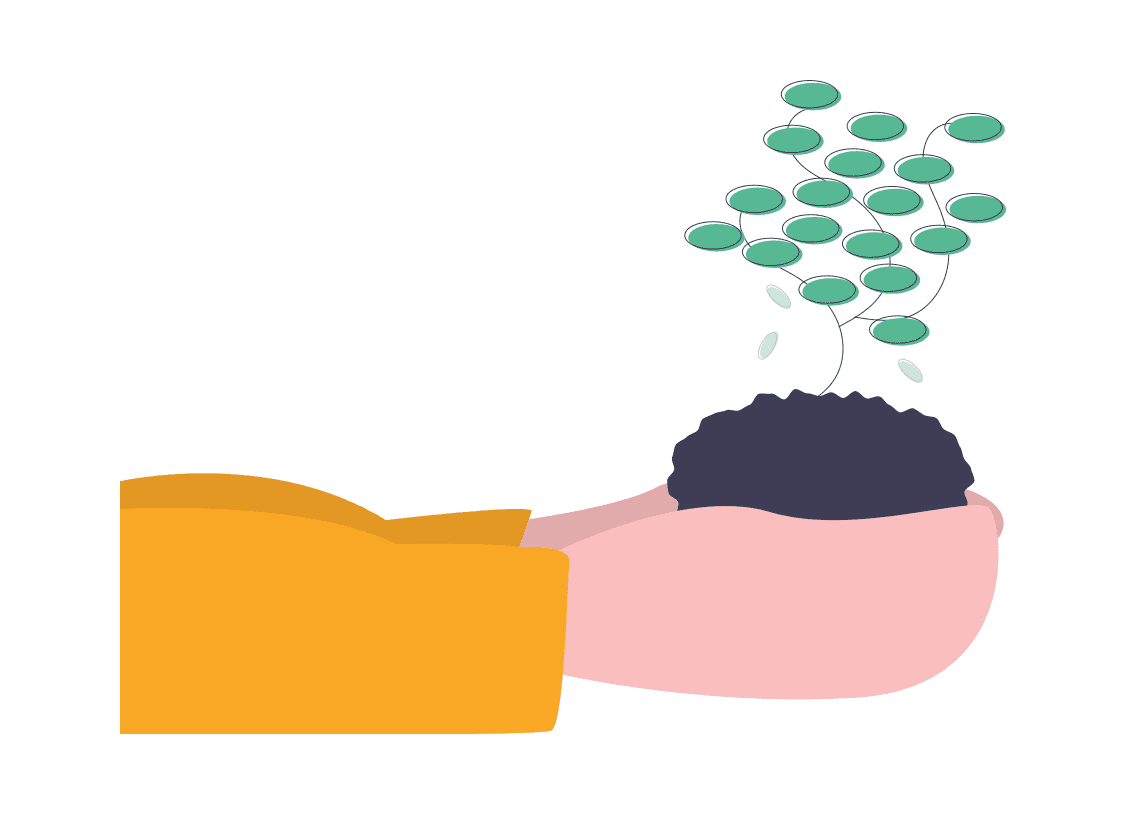

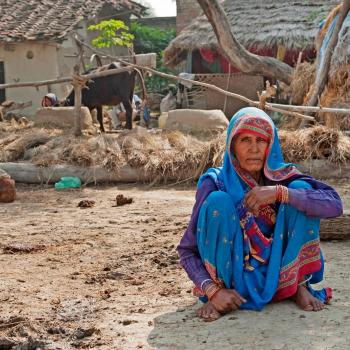
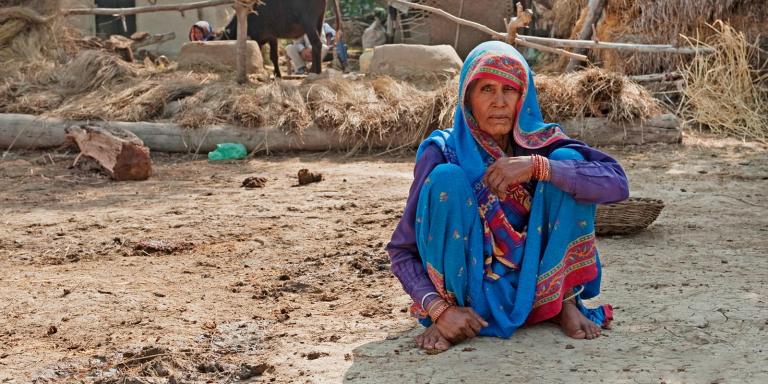
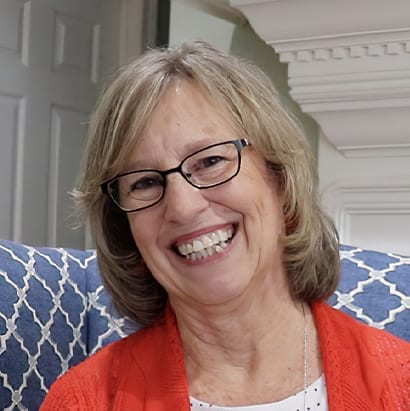
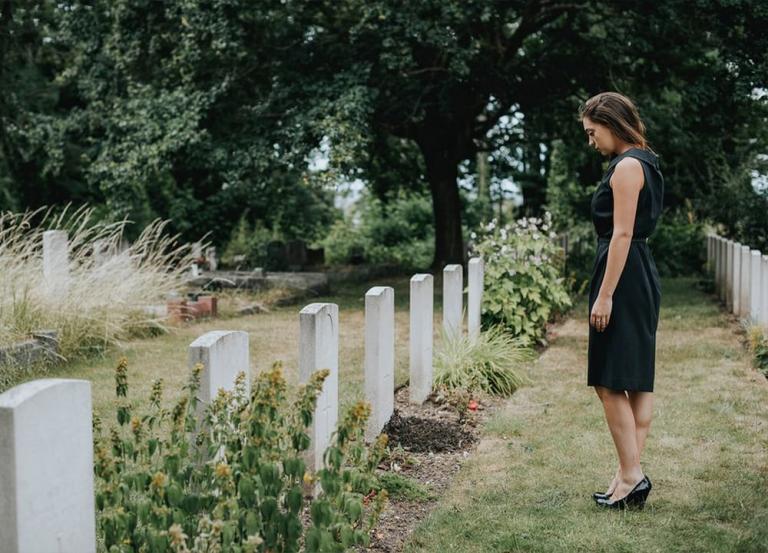
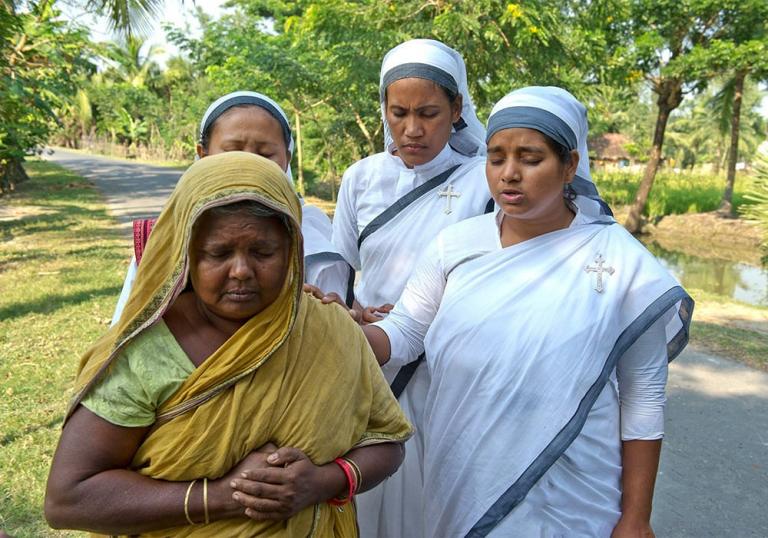
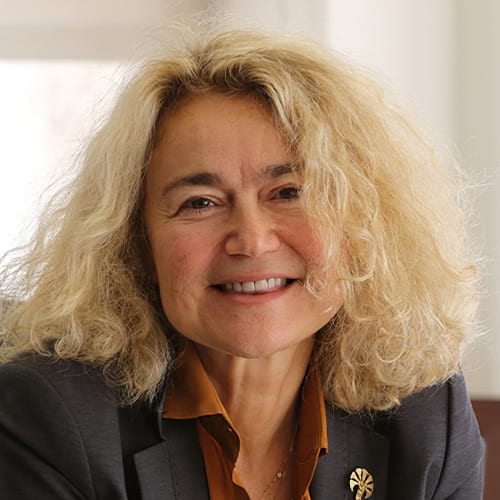
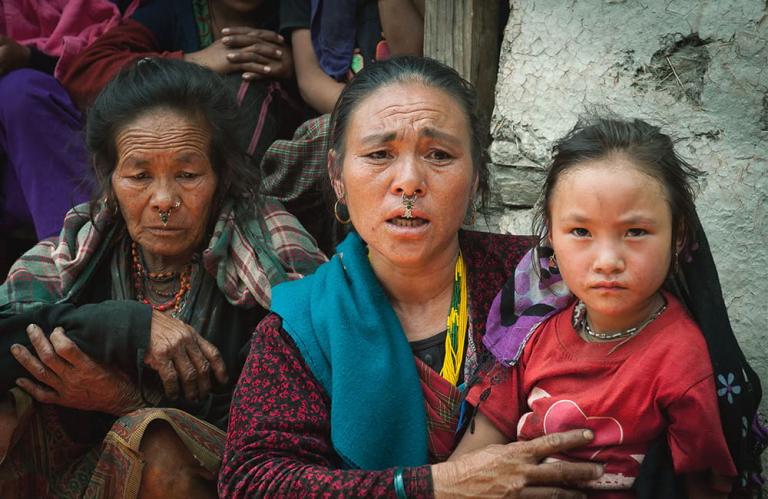
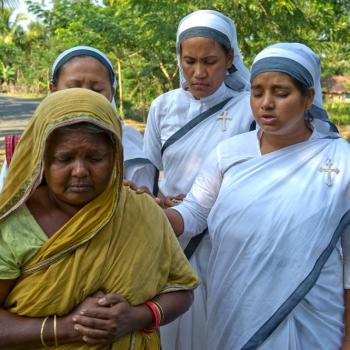
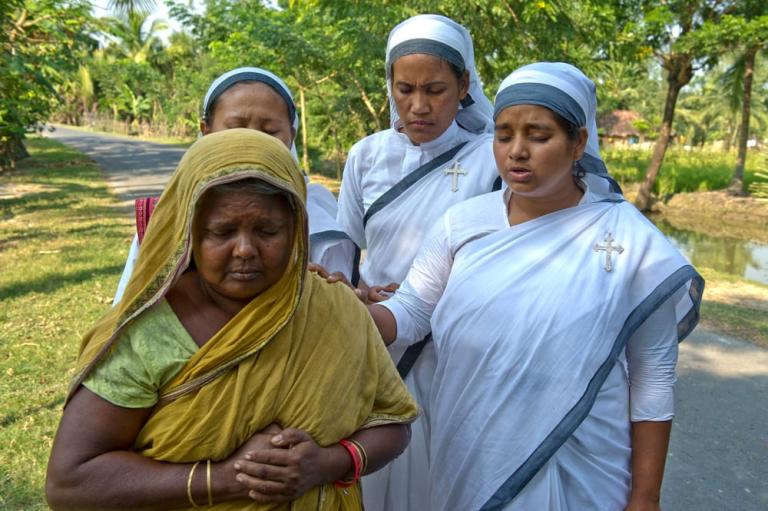
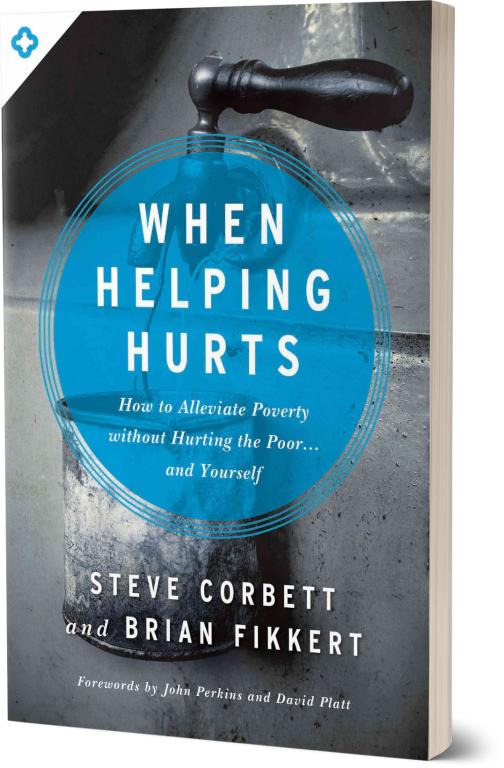
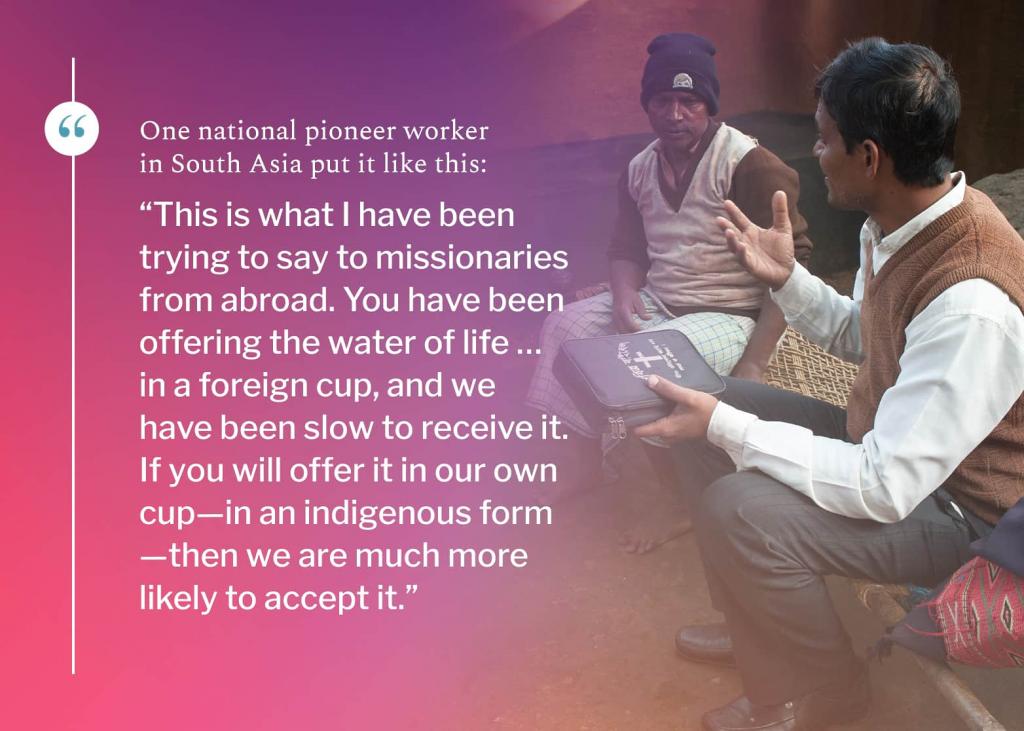
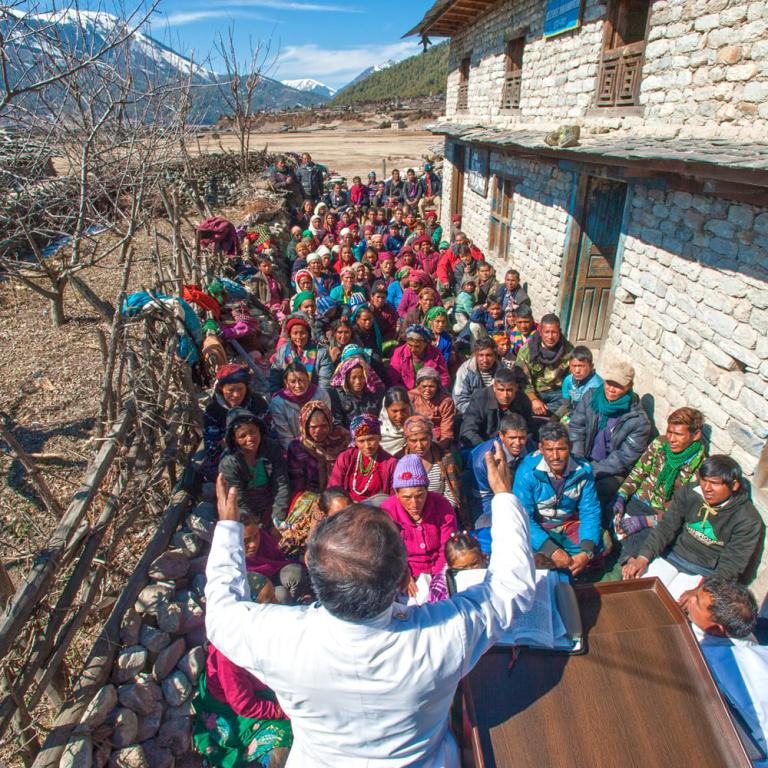
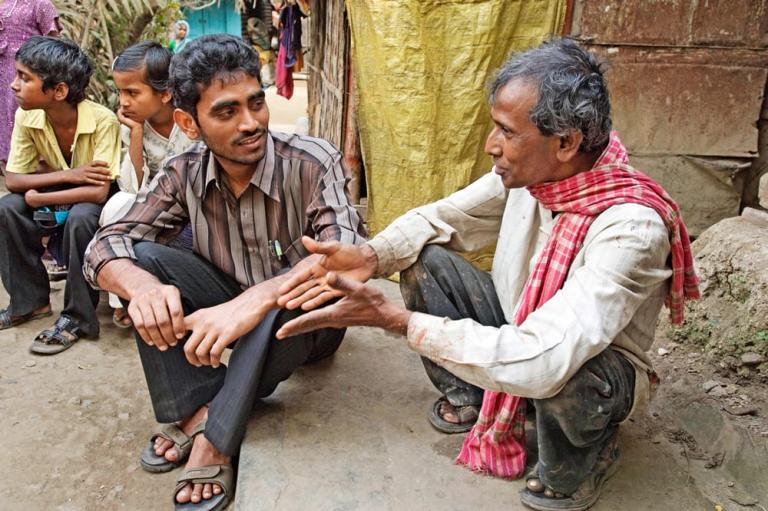
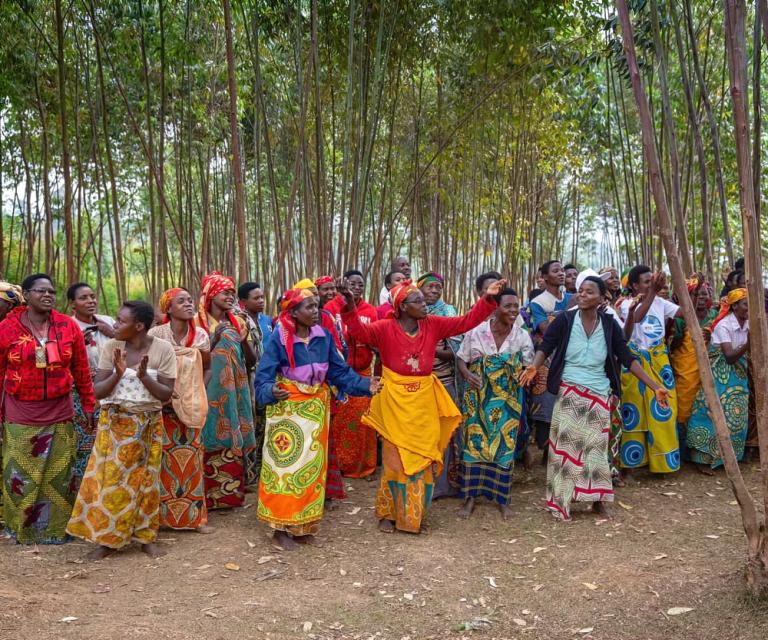
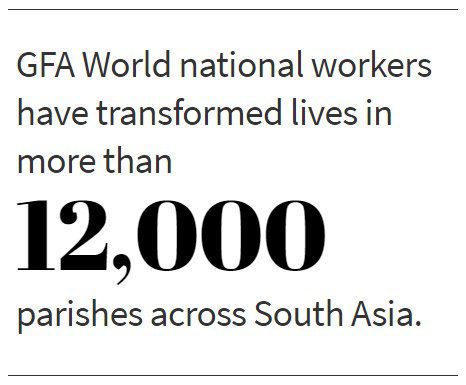 “The local people wonder why we’re so positive and friendly. … They ask us why,” Thoeun says, explaining it opens the door to tell them about God’s love.
“The local people wonder why we’re so positive and friendly. … They ask us why,” Thoeun says, explaining it opens the door to tell them about God’s love.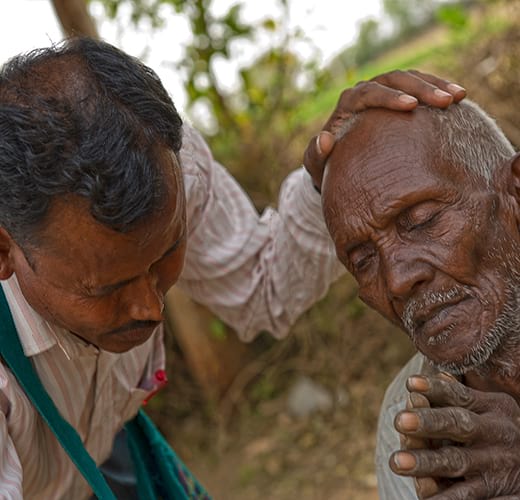
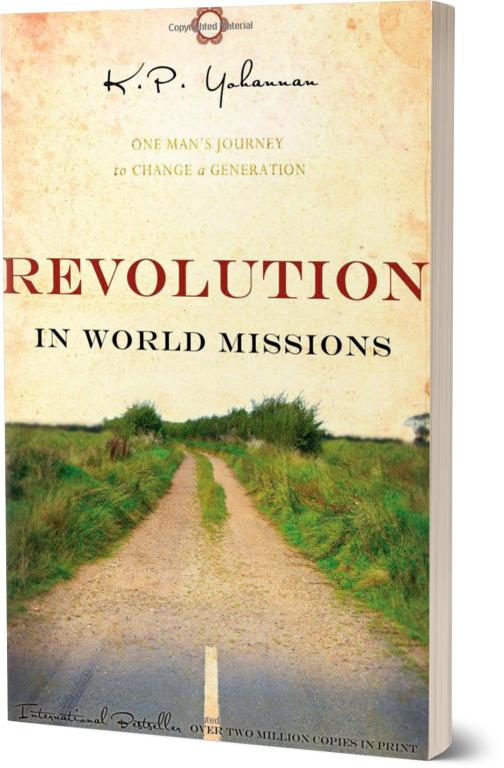
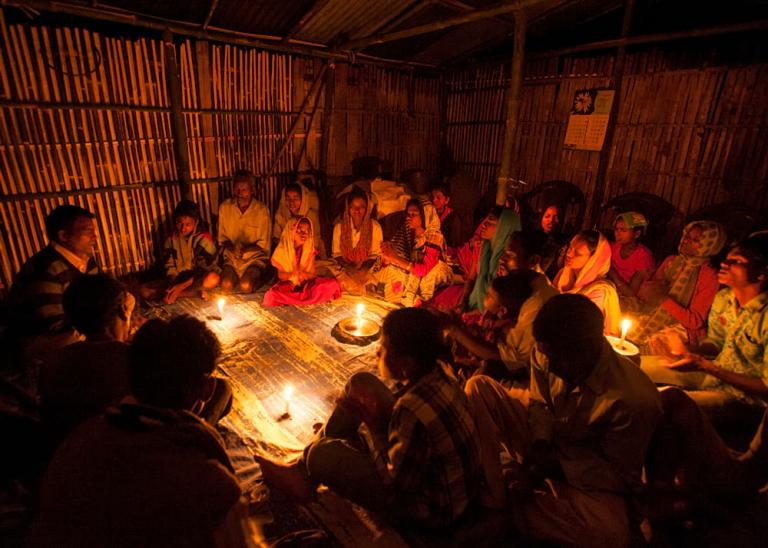
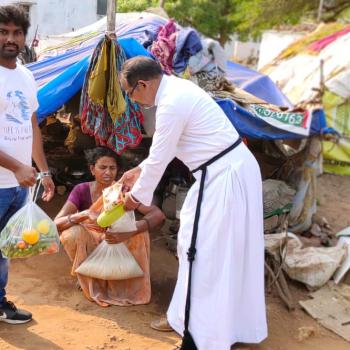
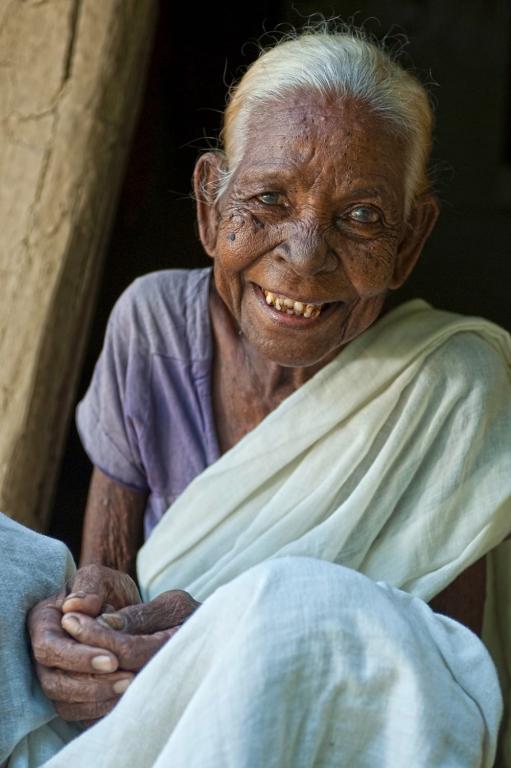
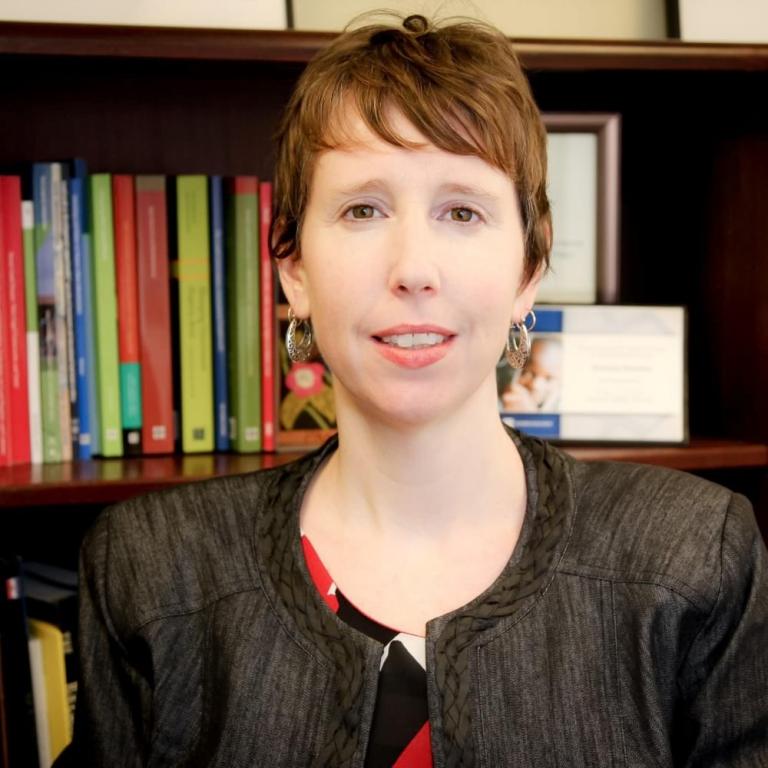
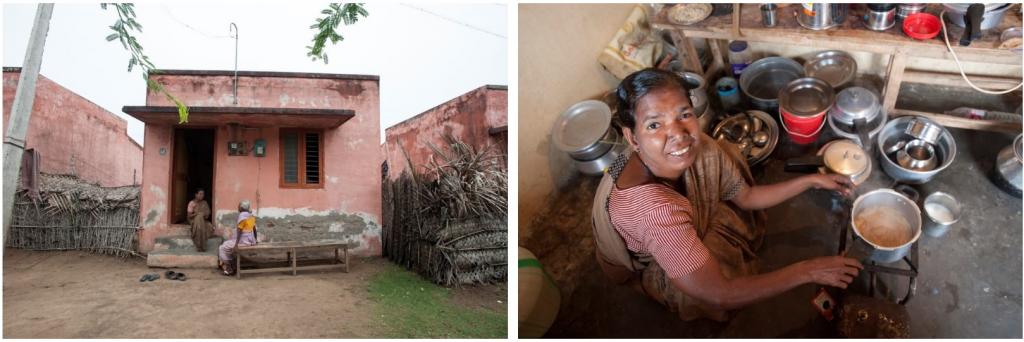
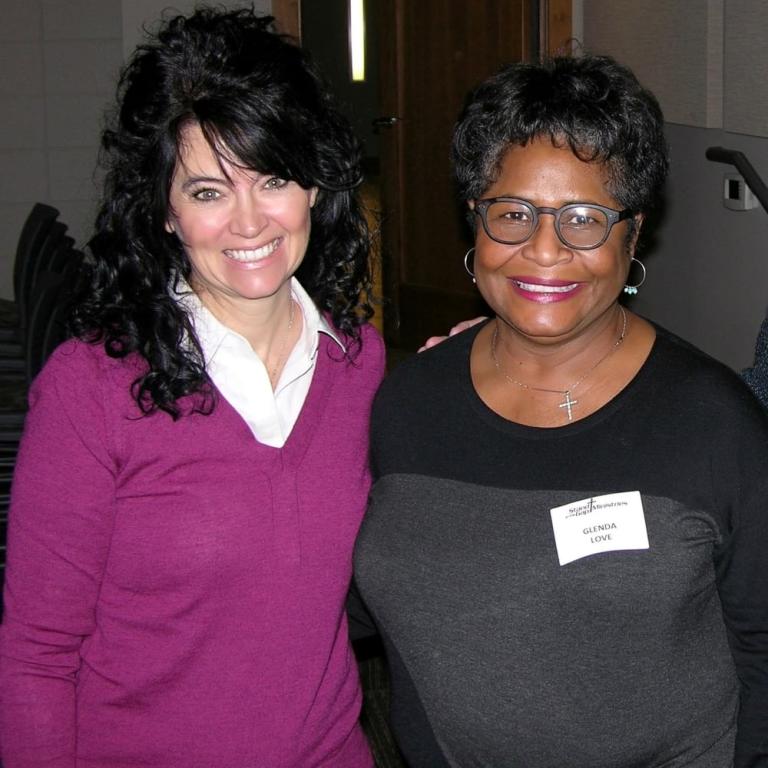
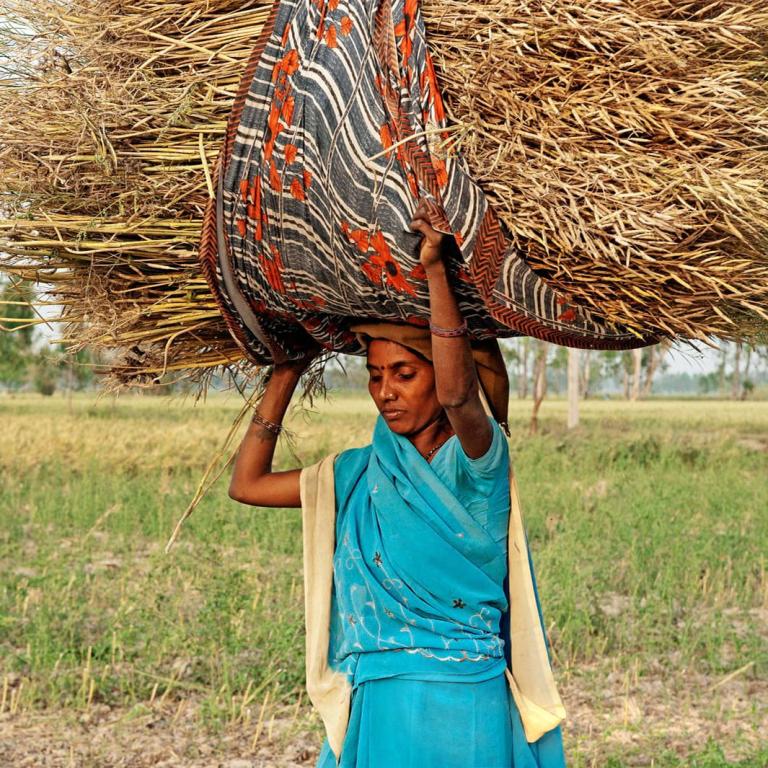
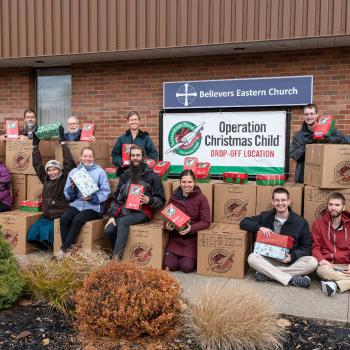
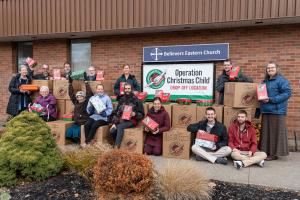
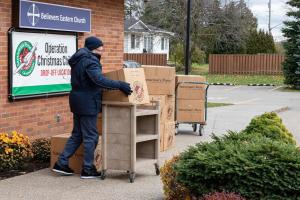 Though the
Though the 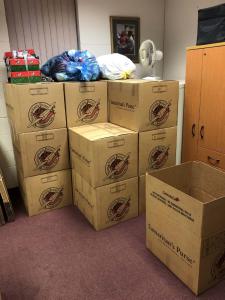 A total of 18 volunteers, ranging from age 12 to 69, volunteered over 50 hours, and 805 shoeboxes were collected from local churches and individuals. The boxes were carefully packed into cartons and then taken to Church of the Rock in Hamilton, Ontario, from whence they were shipped to
A total of 18 volunteers, ranging from age 12 to 69, volunteered over 50 hours, and 805 shoeboxes were collected from local churches and individuals. The boxes were carefully packed into cartons and then taken to Church of the Rock in Hamilton, Ontario, from whence they were shipped to 